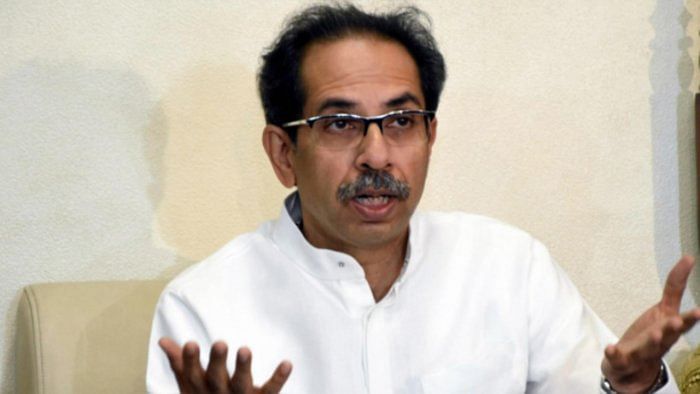
The financial capital of Mumbai set an ambitious goal to achieve net-zero by 2050 ahead of the Government of India’s deadline of 2070.
It may be mentioned, the recently published Intergovernmental Panel on Climate Change (IPCC) Working Group II report warns of severe damages from sea-level rise, critically high temperatures and increased risks from climate impacts for coastal cities like Mumbai, the BrihanMumbai Municipal Corporation (BMC) is committed to building a climate-resilient city.
After a vulnerability assessment, greenhouse gas (GHG) and natural green cover inventory over the last six months, the BMC with technical support from the World Resources Institute (WRI) India and the C40 Cities network, on Sunday inaugurated Mumbai’s first Climate Action Plan (MCAP), a policy document to adopt an evidence-based planning approach and mobilize resources to move from action planning to strategic projects.
Launching the move, Maharashtra Chief Minister Uddhav Thackeray said: “While India is on pace to meet its Nationally Determined Contributions, Maharashtra is committed to leading India's battle against the impending climate crisis through policy-governance changes and instilling the culture of climate action. The MCAP is designed to fulfil the Paris Agreement's aim of reducing global warming to 1.5 degrees Celsius. Mumbai will become a climate-resilient metropolis as a result of the evidence-based policies that led to the creation of MCAP.”
Through the plan, the BMC also has its eyes set on Mumbai achieving net-zero ahead of the Government of India’s deadline of 2070.
Achieving a balance between the quantity of greenhouse gas emissions generated and the amount removed from the atmosphere is referred to as net-zero. This holds significance in light of announcements made by Prime Minister Narendra Modi during the Conference of Parties (COP26) at Glasgow setting a 2070 Net Zero goal for the country.
“Various recent extreme weather disasters in Maharashtra, such as Cyclone Tauktae, urban floods, and untimely rains, have demonstrated the importance of implementing localised mitigation and resilience techniques. Our goal is to urge people to take action on climate change at the local level. In a city like Mumbai, achieving climate resilience requires striking the ideal balance between development aspirations and environmental preservation,” said Environment, Tourism and Protocol Minister Aaditya Thackeray.
The MCAP has an overall mitigation goal of attaining net-zero emissions by 2050.
The plan's interim and long-term objectives include a 30% decrease in emissions by 2030, a 44% reduction by 2040, and a net-zero reduction by 2050 compared to base year emissions (2019). For 2019, the base year emissions were calculated to be 23.42 million tonnes of carbon dioxide emissions (CO2e), or 1.8 tonnes CO2e per person.
“There is a 30% gap of ‘residual emissions’, two-thirds of this is dependent on a speedy transition of cooking fuels to electric in all buildings, scientific treatment of wastewater, and protecting and leveraging the carbon sink potential of our natural ecosystems – mangroves, mud-flats, dense groves of trees, urban forests and our water bodies, While natural ecosystems perform the important function of carbon removal, they also buffer the city from extreme climate risks,” said Lubaina Rangwala, the program head of the urban-development-and-resilience team at WRI India.
“To guarantee continuity and consistency across outcome indicators and objectives, the six sectoral action plans align with important national programmes and policies such as the National Clean-Air Action Planning (NCAP) standards, the Swachh Bharat Mission targets, and the Climate Smart Cities guidelines,” said Municipal Commissioner Iqbal Singh Chahal. “MCAP aims to guide the city towards a net-zero future through inclusive, low carbon urban development,” he said.
Check out DH's latest videos: